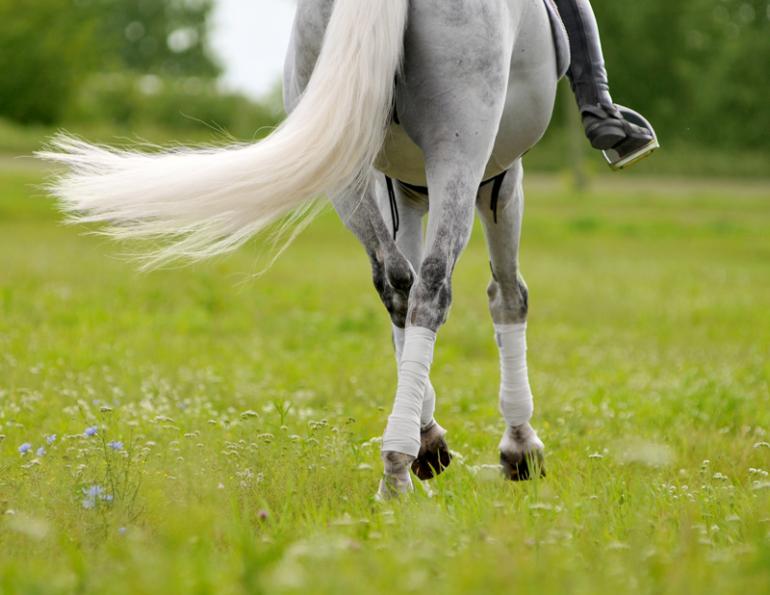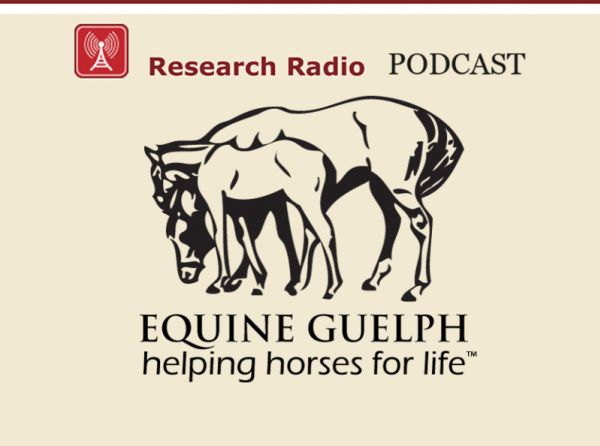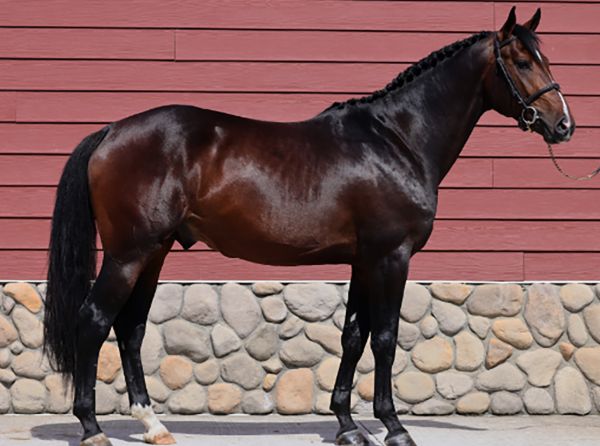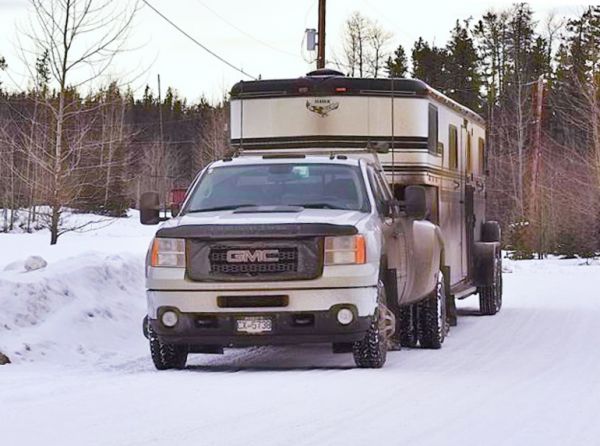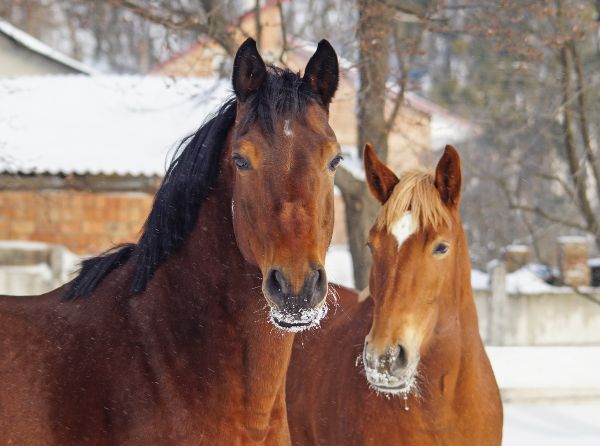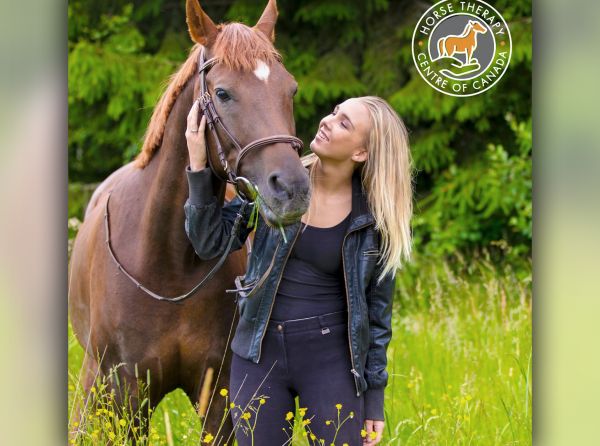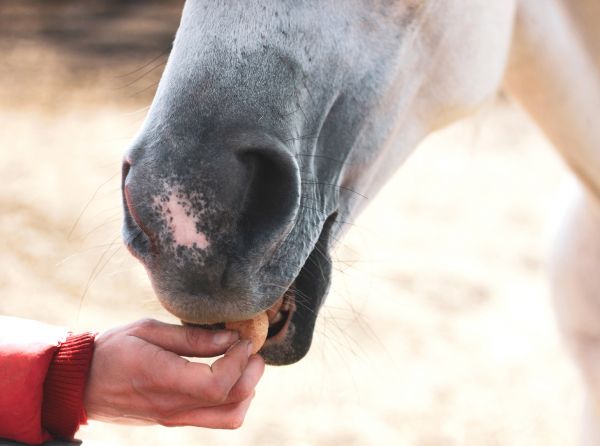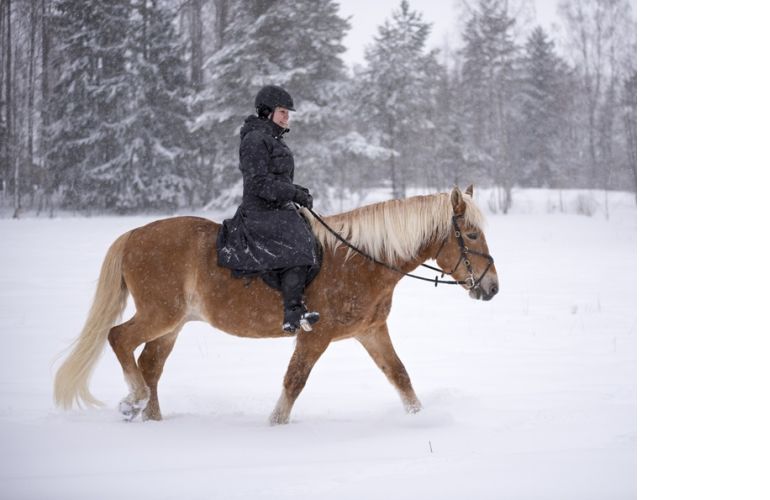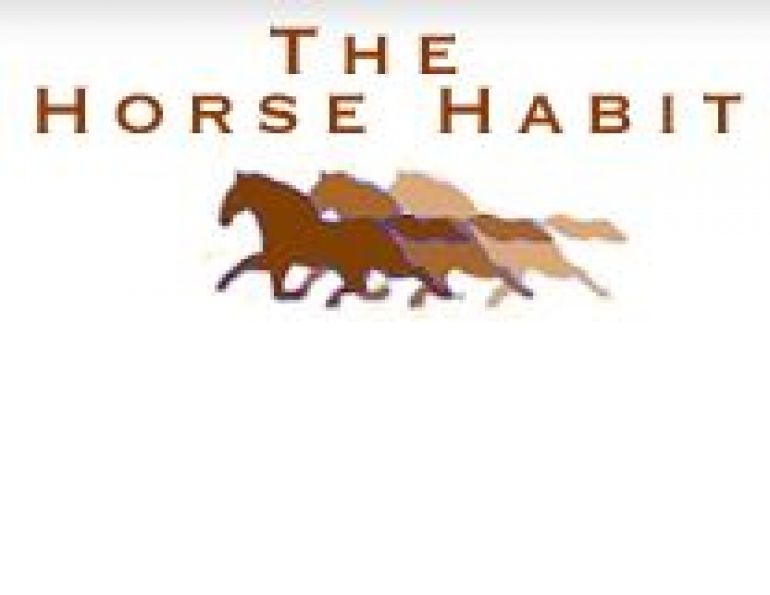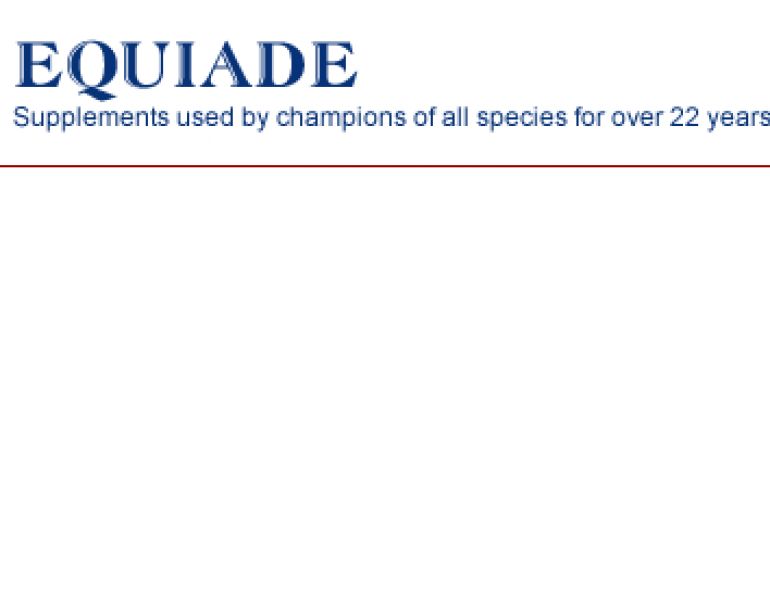By Louise Parkes, FEI
It sounded like he was being dive-bombed by seaplanes when I spoke with Pedro Cebulka recently. “That’s another one coming over now,” he’d say with a laugh as our conversation about his life and times had to be put on hold again and again.
He and his wife, Janet, were staying at a cabin belonging to some friends on a camper-van trip around Vancouver Island in British Columbia just a few days before heading back to their Canadian home on the lake at Invermere, BC. The man known in the equestrian world as “Pedro the Ringmaster” has an insatiable lust for travel, and simply loves being on the road.
To those who watch him turning chaos into order at so many of the major events on the international equestrian circuit, it seems near-impossible that he has time to do anything else. But this multi-faceted character has significant business interests, a second home in Mexico where he and Janet live a different lifestyle, a great passion for music and for animal welfare, and a powerful sense of social responsibility. It’s quite difficult to keep up with him to be honest, but I gave it my best shot….
“I have a Spanish first name, Polish last name, German and Canadian passports, a Dutch wife who is now also Canadian, and two Canadian kids who also have German passports, so I’m really mixed up!” he begins. However, Pedro isn’t his birth name. He was born Peter Cebulka, but changed it to the Spanish version after falling in love with the Latin outlook on life on his first visit to Brazil in 1976 at the age of 24.

Equestrian ringmaster, Pedro Cebulka, with his wife Janet, at Playa El Coyote beach in Mexico where they have a home. Friends created this work of driftwood art, which is ceremonially burned in an annual fundraiser for child education, an orphanage, the dog rescue PAWS and the local veterinary service — with Pedro playing his part as Master of Ceremonies. Photo courtesy of Pedro Cebulka
Banking
By then, he had already been very successful in the world of banking, and was on course for a university degree in economics. But as he said when we spoke, “it wasn’t what I was meant for….”
He was only 15 years old when he took up a three-year apprenticeship at Deutsche Bank before moving to Hamburg where his career really took off over the next five years. “I was good at stocks and bonds and I worked my way up to the stock exchange,” he says. But, in his own inimitable way, Pedro also had a sideline.
“A friend of mine had a lovely pub in Lüneburg, so I worked in the bank five days a week and on Saturday morning I was a bartender in the pub and on Sunday morning I was a waiter. I had Sunday afternoon off and then on Sunday evening I was a bartender again and I learned a lot from those days: How to communicate with all kinds of people from all walks of life, how to make them happy and comfortable, and how to deal with them if there was a problem,” he explains.
A trip to Brazil dramatically changed the course of his career in 1976. “After three weeks there I decided to hell with economics, the world is too beautiful, so I stayed in South America for five months and I never looked back!” he says. “I saw Brazil, Bolivia, Peru, Ecuador, the Galapagos Islands, Machu Picchu, I learned Spanish and I met many wonderful people”.
Chance Meeting
With his newfound taste for freedom he set off the following year on a world tour with a group of friends, and on his way through Banff in Canada a chance meeting would turn his life in another new direction. “It was August 1977, and I met a Swiss guy who said he was working at a new equestrian centre called Spruce Meadows, and that if I wanted a job I could work there as a carpenter/helper for a few days, so I did that. And when we were laid off, the riding master Albert Kley, who came from the same area as me in Germany, said I could help out at the show coming up in September, so I stayed and worked on maintenance and other things around the showgrounds,” Pedro explains.
By then Ron Southern, founder of Spruce Meadows and Chairman of the Calgary-based ATCO Group, had encountered the enthusiastic young German and they formed a strong bond. “He treated me like a stepson,” Pedro says.
It was only the second year of the now world-renowned Masters Tournament, and Pedro’s multiple skills were called into play as an interpreter for visiting teams and their crews, as an announcer in German and Spanish, and as a course-builder. Over the next five years he would divide his time between helping out at Spruce Meadows and working as a tour guide.
“I was a guide for several years in South America, Central America, South East Asia, and in many exotic countries where I could help German tourists feel at home. It was a wonderful time,” he recalls.
Course Building
During this period, he also expanded his course-building expertise under the guiding hand of the legendary British course-designer Pam Carruthers, who was responsible for the development of Spruce Meadows in the early years. Both Pam and Ron Southern encouraged Pedro to go to Europe for experience, and in 1979 he assisted at the FEI European Championships in Rotterdam (NED) before being invited to help at Hickstead (GBR). He remembers one particularly frenetic afternoon at the big British event.
“The course crew always took a break around 2.30pm, and one afternoon myself and a lady called Penny, who was about 85 years old, were the only ones in the arena when a rider came in. He had a refusal and destroyed an early fence so I had to run over and put it together again, and then he had another refusal on the other side of the arena and I was running around like crazy to find poles and trying to keep things going. And then he came down to the last fence and ploughed through that and it was a huge job to get it back in place before the next horse came in — all while the rest of the crew were having their afternoon tea!” he says with a laugh.
Pam told him there was no point in going on to Dublin Horse Show looking for work. “But after three days of pestering, Steve Hickey (Irish course designer) took me under his wing and I had the best of times working with him,” Pedro says. It was all part of Ron Southern’s advice to stay open to new ideas. “At many of the old shows they would say ‘it’s tradition, we do it this way and we can’t change,’ but at Spruce Meadows we borrowed the good ideas and always kept an open mind.”
From 1983 to 1985 Pedro enjoyed some special years working full-time at Spruce Meadows and managing the Equitana (now Equi-Fair) trade show. He and Janet were married in Hawaii in 1984, and their daughters Stephanie and Jessica arrived over the next two years. But in 1986, Pedro decided to leave Spruce Meadows for health reasons. He was burned out. “I loved what I was doing but physically it was too much, I’d start at 7am and work until midnight and I had high blood pressure,” he explains.

Cebulka with Emanuele Gaudiano at the Masters ONE Leiterin de Montaigu – Longines Masters Paris in December, 2019. Photo: FEI/THReiner
Selling Dreams
He took up a job as a salesman with Fairmont Hot Springs Resort in the Rocky Mountains. “I loved it because we were selling dreams to customers,” he says. In 1988, he also got involved in a time-share business in Mexico, and then Don and Carol Seable invited Pedro to become a partner in the Fairmont business. A whole new chapter of his life was opening up, and he would go on to become a land developer in his own right and would establish his own condominium management company.
Still, he didn’t sever his connections with Spruce Meadows. When asked to help at the in-gate as a starter for the horse shows, he jumped at the chance. “They wanted someone who knew the riders, who was strong enough so they would be listened to, but not a little general yelling because now he thinks he’s a policeman!” Pedro learned a lot from these early days in command of the arena gateway. “It taught me to be kind but firm,” says the man who continues to show those two important qualities to this day.
I ask him if being so tall - at least 6 feet three inches - helps when he is trying to instil discipline into proceedings, and he laughs. “Yes, size matters, but what I find now after 43 years doing this job is that 43 years matter. Someone once said anyone can be a superstar for one year, but the best athletes are on top over a long period of time. Like the Whitakers, like Nick (Skelton), like David Broome, like Ludger (Beerbaum). I’ve been doing this job a long time.”
Here to Help
He says he never found the job of getting riders into the ring promptly or making sense out of chaotic prizegiving ceremonies or ceremonial occasions to be a problem because his mantra to the riders is “I’m here to help you.” He had the ultimate pressure from the outset at Spruce Meadows with live television demanding spot-on timing. “That’s where my German background kicks in — I give the riders the countdown and it has to be done. If someone is late going in I don’t say anything, but when they come out….”
He says that Mexican businessman and political advisor Alfonso Romo from the world-famous La Silla Stud in Monterrey tells a story about his first encounter with Pedro the Ringmaster.
“I was competing at Spruce Meadows and I was a sponsor of a new building, so I was a VIP guest of honour and this guy (Pedro) calls me in Spanish. I’m a little bit late, just a minute or so, and when I come out he says to me very nicely, ‘Poncho, when you have the horse put away can you come and see me? He says I’ve 50 riders here with 50 different systems of working their horses and we have live TV. When you have your system you do what you want, but when you are in my ring you do my system or you’re going home!”
Apparently, Senor Romo didn’t do it again.
“If everyone is late then the warm-up of 50 riders doesn’t work. I don’t have time to say please - I learned from Pamela Carruthers to do it in military style, we are here to work and that’s it. I may come across as a bit harsh, but in essence the word is ‘NOW!’”
Pedro says he’s doesn’t take it personally on the rare occasions when his instructions are ignored. “And I’ve learned over the last six Olympics that they are like nothing else. I’d rather have a rule broken then get a rider upset before they go in — the pressure they are under is incredible. But of course, I have the TV director shouting at me so it’s a very fine line…,” he points out.
Stand-out Moments
I ask about moments that stand out for him down the years. “There are so many I get goosebumps just thinking about them! There was Ian Millar (CAN) at the Pan-American Games in 1999 when he came to the gate - with a broken foot - and I’m telling him there are four more to go and you are in fifth, then three to go and now you’re in third, the next rider had eight faults and he was in silver and then the last rider went and he had the gold. It felt so good, he’s been a friend to me from the beginning….
“And the high five I got from Eric Lamaze (CAN) - I’ve been with him through good and bad - when he won the gold in Hong Kong (Beijing 2008 Olympic Games)! That evening I carried him to the media party on my shoulders and we were dancing and celebrating until four in the morning!
“Everyone is your friend when you win but for me a real friend is the one who is there when you are down, so Marcus Ehning (GER) at the European Championships in Mannheim (GER) in 2007 where Kuchengirl stopped again and again. He goes on the podium to get the team gold medal without jumping a single round and he’s crying with the medal around his neck…..I’ll never forget that. But I’ll never forget him winning the Global Final with her in Rio (Brazil) a few years later either. It was a huge win and I was there for that too - it was a great moment!”
I ask him about the extraordinary costumes he wears in his Ringmaster role — what inspires them? “It all started when I bought a pink hat in Hawaii and people liked it. I went on to a military hat, a Mountie uniform, I put crazy things together wherever I went. In 2010, Animo sponsored my tails and now I have a few of them designed by Franco Dragone. I rent some of them too - they make people smile,” he says.



Cebulka is well known for the extraordinary costumes he wears, which make people smile and help to put the riders at ease. Photos: FEI/THReiner
Music and Travel
The first time I met Pedro, back in the 1980s, he was playing a tin whistle at a party and he hasn’t stopped since. He’s a great musician and can be found entertaining all and sundry at every after-party. He inherited his musical bent from his mother and his craving for travel from the fact that his father never got to live out his travel ambitions.
Imprisoned during WWII, his dad just wanted to live a quiet life, never owning a car or a house, and happy to go to work by bus, walking, or cycling. He intended travelling after his retirement aged 60, but his wife died of cancer in 1976 while Pedro was in Ecuador. It’s a painful memory.
“They had applied for passports to go back to Poland to see where she was born but my father said they should wait, and two weeks after my mother’s funeral the passports arrived and my father cried. He lived two more years. His first dream was to go to Hamburg - just 53 kilometres from where we lived in Uelzen - when the time was right, but he never made it. So, I learned when you want to travel, you travel,” Pedro says with great sadness.
Positive Outlook
He is a man with a hugely positive outlook on life and who lives it to the full. He tells me he’s keeping fit. “I need that in my job,” he says. He’s eating healthily, he cycles and he walks the family’s two rescue dogs every day. They were both strays, Santo attaching himself to Janet on Santa Barbara beach in California in 2011, and Mexi latching onto them when they overnighted in a parking lot at the Mexican border 18 months ago.
“We are very much involved with dog rescue down in the Baja (California peninsula) and I do Master of Ceremonies at fundraisers to help out,” Pedro explains.
I finally ask him about his thoughts on coping with the current situation created by the pandemic that continues to restrict and affect life and sport. He says he’s inspired by para-athletes because they have so much to put up with, but never complain.
“I can’t speak for people who have lost their jobs and everything, it’s too hard. But there are also people who could do better but let themselves get dragged down — you have to try to be positive and make the best out of it.
“We send money down to friends in Mexico on the beach to help because it’s really tough for them. JustWorld (Pedro is an Ambassador) is an official FEI partner and works with thousands of kids who need food, so if you can help with this or any other charities then do. The world needs everyone to do their best right now.”
Main Photo: Resplendent in red, Pedro the Ringmaster at the FEI World Equestrian Games™ 2018 in Tryon (USA). Photo: FEI/Christophe Taniere





